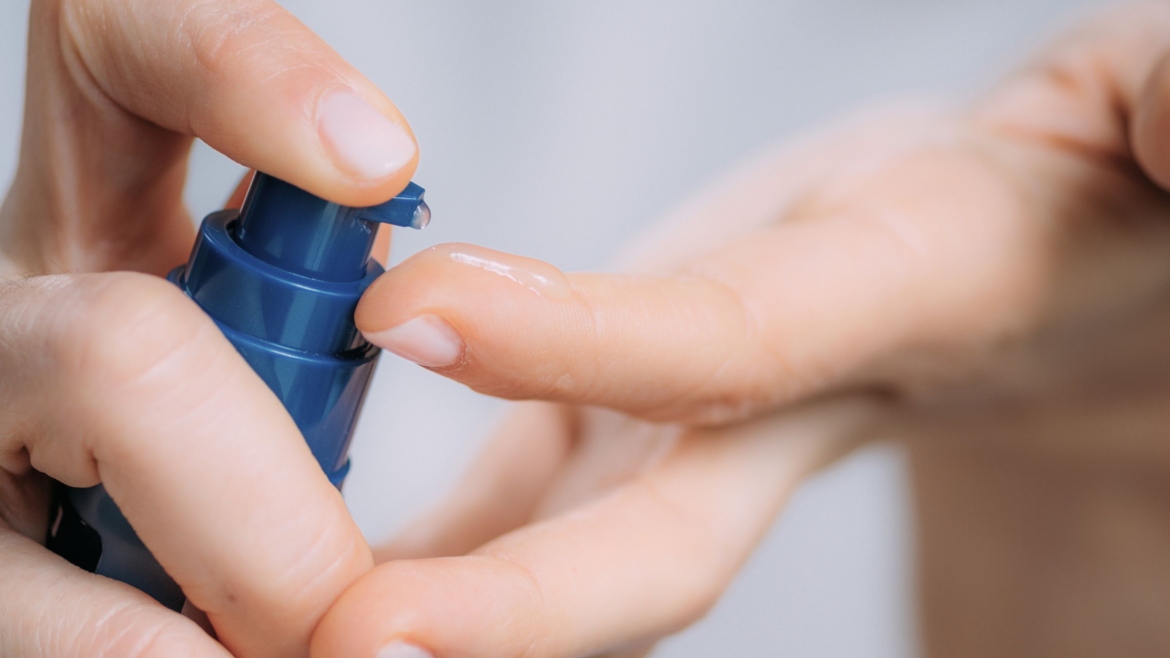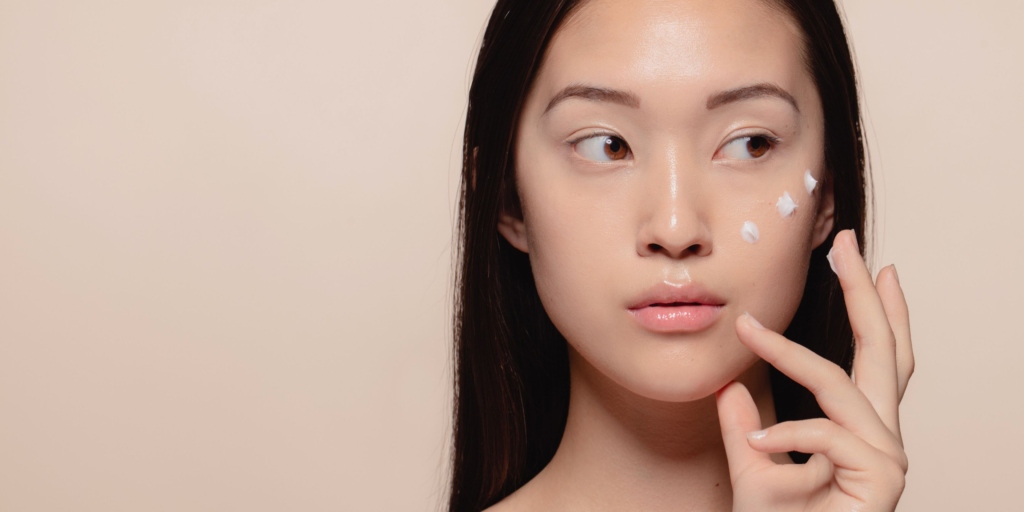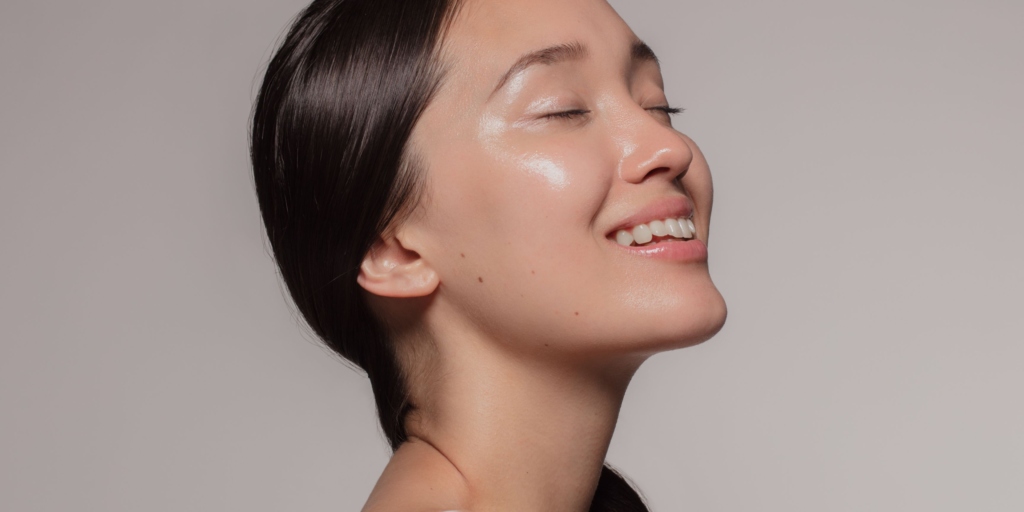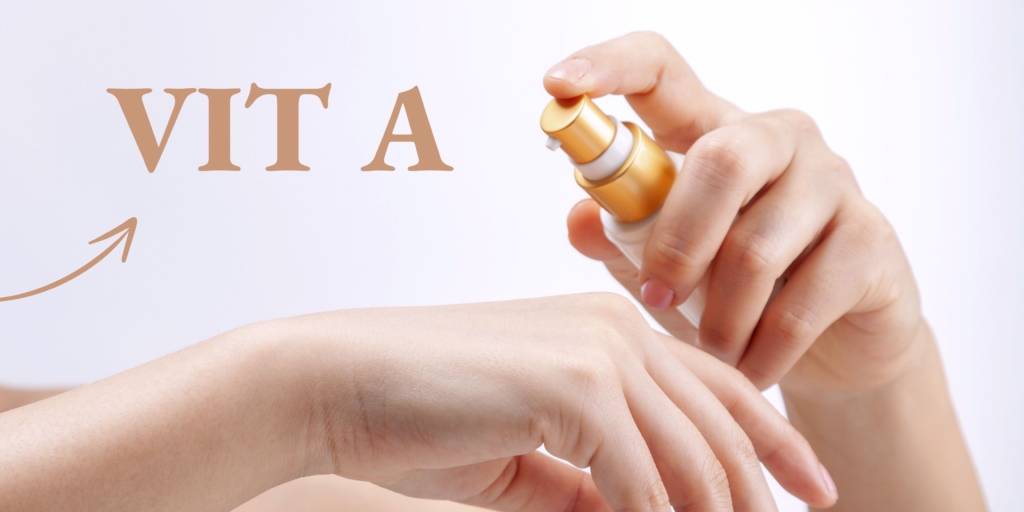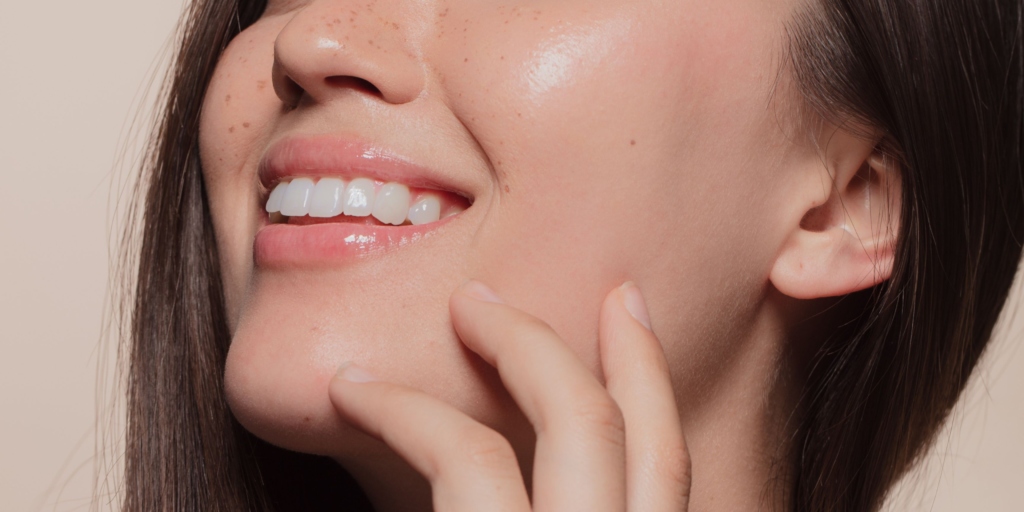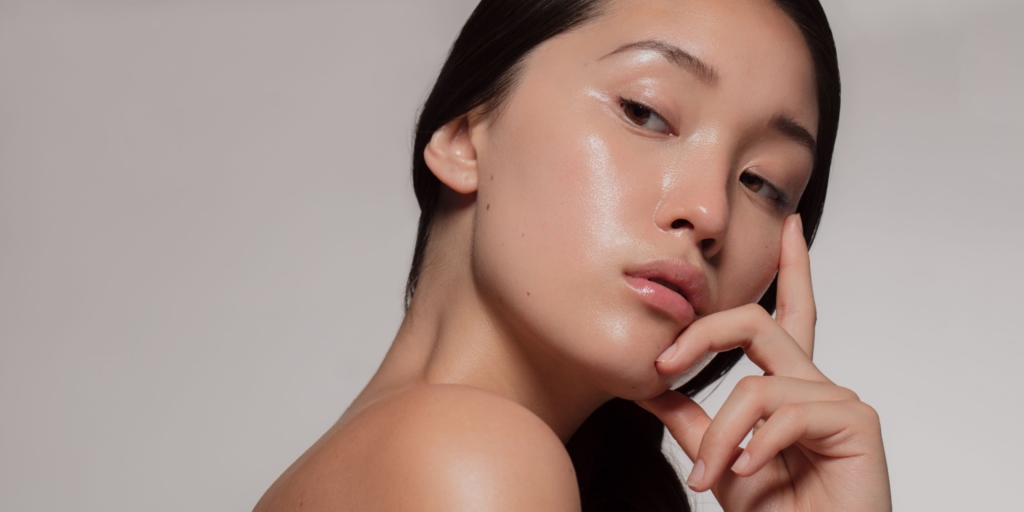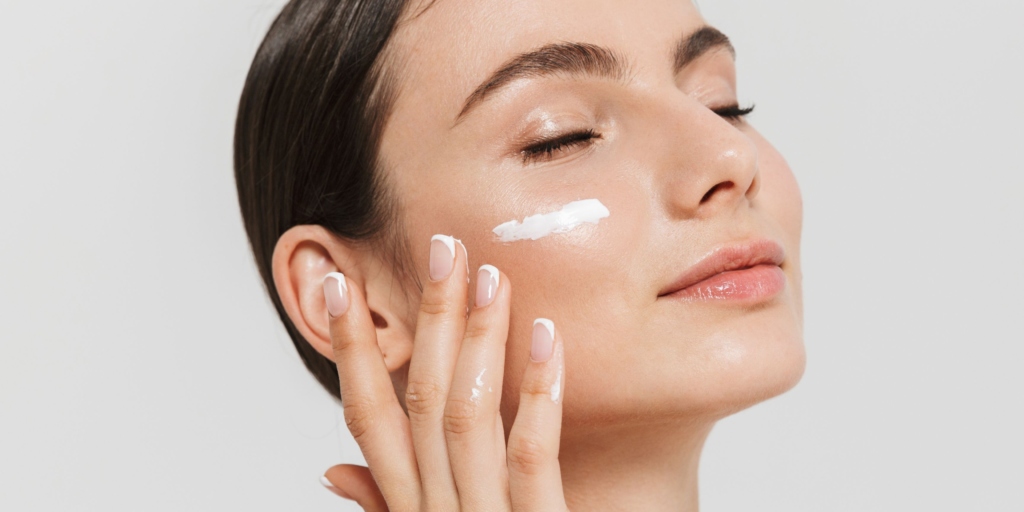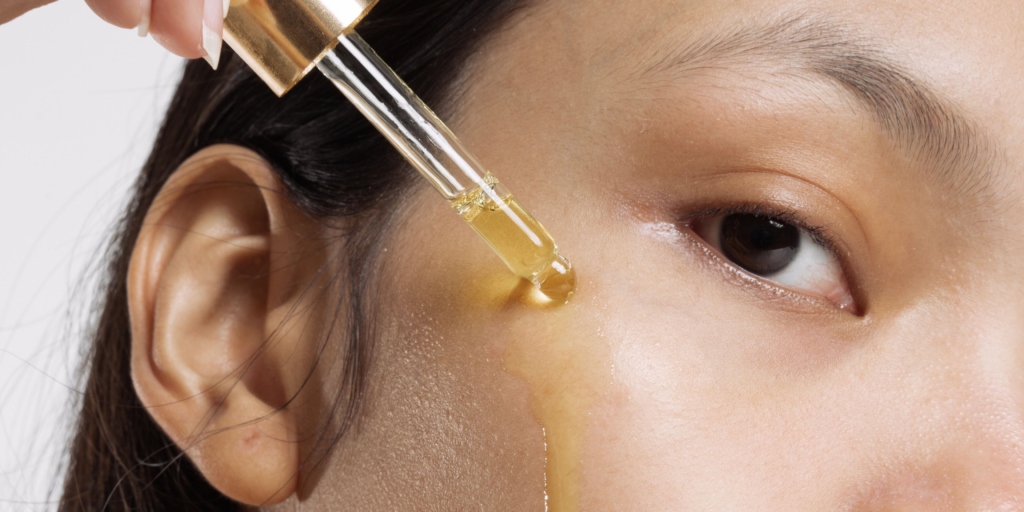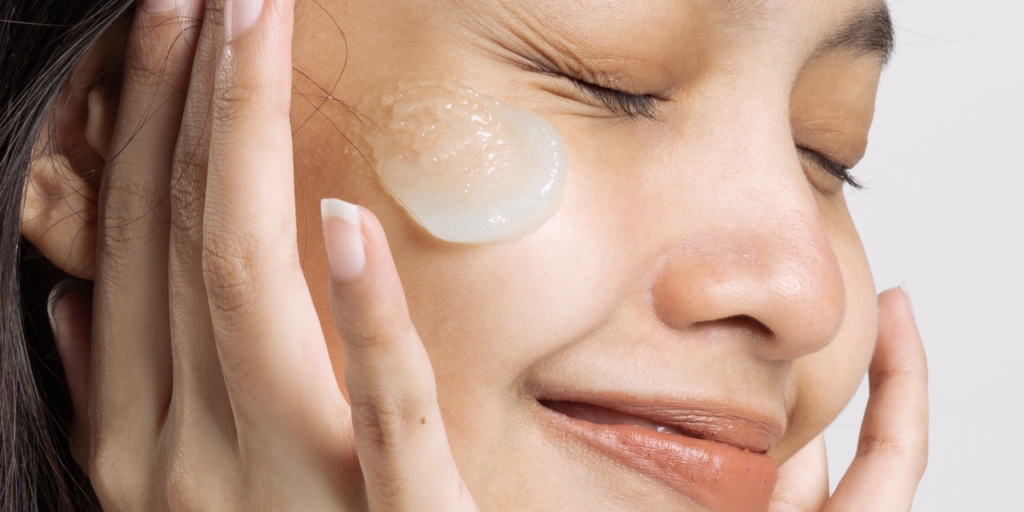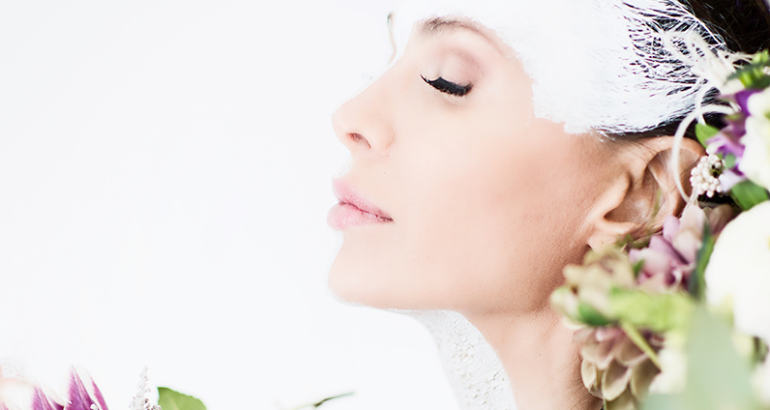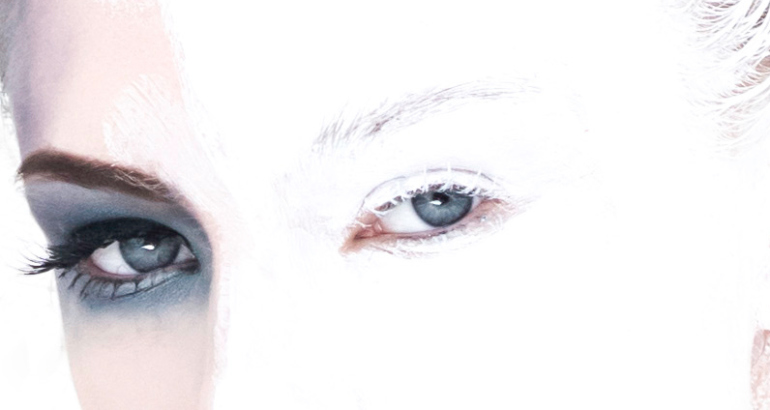by Skincare Specialist, Kim van Zyl
In the vast landscape of skincare, retinol emerges as a cornerstone of beauty science, harnessing the potent benefits of Vitamin A. Their origin alone hints at the transformative potential they hold for our skin. From anti-aging powers to texture refinement, retinol boasts a multifaceted range of benefits that have captured the attention of skincare enthusiasts worldwide.
In this illuminating journey, we will delve into the details of retinol, exploring its unique role in skincare and uncovering the secrets behind its remarkable effects. Join us as we unravel the science and artistry of retinol, illuminating the path to radiant and rejuvenated skin.
Table of contents
- WHAT IS A RETINOL?
- WHAT DOES RETINOL DO?
- WHAT IS RETINOL USED FOR?
- SO, WHAT ARE RETINOIDS?
- TYPES OF RETINOL
- BENEFITS OF RETINOL IN SKINCARE
- HOW TO USE RETINOL IN YOUR SKINCARE ROUTINE
- INGREDIENTS COMPATIBLE WITH RETINOL
- WHAT TO AVOID USING WITH RETINOL
- FINAL THOUGHTS ON RETINOL
WHAT IS A RETINOL?
Retinol, also called vitamin A, is a fat-soluble vitamin in the vitamin A family. Vitamin A, a natural compound, has revolutionized skincare. Initially used for acne treatment, retinol’s journey expanded with its anti-aging prowess. Derived from Vitamin A, it’s crucial for skin cell development and maintenance.
Retinol stimulates collagen, boosts cell turnover and enhances skin texture and tone. It transformed skincare, moving beyond surface treatments to cellular-level solutions. As skincare evolves, retinol remains a gold standard ingredient, cherished for efficacy and transformative results. Understanding its evolution helps us appreciate its profound impact on modern skincare
WHAT DOES RETINOL DO?
Retinol’s magic lies in its ability to accelerate skin cell turnover, revealing fresher skin and unclogging pores for improved texture and reduced blemishes. It also stimulates collagen synthesis, diminishing fine lines and promoting a youthful complexion. Short-term benefits include improved tone, reduced acne, and a brighter appearance. Long-term use yields reduced aging signs, increased firmness, and a resilient skin barrier.
WHAT IS RETINOL USED FOR?
Retinol is a sought-after ingredient in skincare due to its versatility in addressing various skin concerns. Its anti-aging properties combat fine lines, wrinkles, and sagging by boosting collagen and cell turnover. It also tackles hyperpigmentation, reducing dark spots and promoting an even skin tone. For acne, retinol prevents pore clogging, minimizing breakouts and flare-ups. Additionally, it benefits rosacea by improving texture and reducing redness with careful use. Retinol’s dual action in exfoliation and pore-clearing makes it ideal for acne-prone skin, while its rejuvenating effects cater to aging and pigmentation issues, offering comprehensive skincare benefits.
SO, WHAT ARE RETINOIDS?
Firstly we need to understand that retinol is a type of retinoid. Retinoid tends to describe more powerful prescription products, whilst retinol generally refers to over-the-counter (OTC) skincare formulas.
Retinoids, derived from Vitamin A, are renowned for skin renewal and rejuvenation. Retinol is a milder yet effective choice compared to stronger retinoids like tretinoin (Retin-A). Its mildness suits sensitive skin and newcomers to retinoids, offering visible results with less irritation. Positioned between milder esters and stronger prescription retinoids, retinol strikes a balance of effectiveness and tolerability. This makes it a popular choice for diverse skin concerns without overwhelming sensitivity. Understanding these distinctions empowers individuals to select the most suitable retinoid-based on their skin type, concerns, and desired results.
TYPES OF RETINOL
While all retinols fall under the broad category of retinoids, it’s crucial to note that not all retinoids are retinol. This distinction is important for making informed skincare choices, as each type of retinoid varies in strength, efficacy, and suitability for different skin types.
In this chapter, we will focus on the various forms of over-the-counter retinol, exploring their characteristics and benefits. We will also provide a brief overview of how these gentler, accessible formulations compare to their more potent, prescription-only counterparts. Understanding these differences can help you choose the right product for your skin’s needs and goals.
Standard Retinol
Standard retinol is the most prevalent form found in over-the-counter skincare products, renowned for its effective anti-aging and skin texture-improving qualities. Typically available in concentrations ranging from 0.01% to 1%, standard retinol acts by penetrating the skin’s upper layers where it converts to retinoic acid, stimulating collagen production and accelerating cell turnover. This action helps to diminish fine lines, wrinkles, and uneven skin tone, making it a powerhouse for those seeking visible rejuvenation. Its availability in various strengths allows users to choose a product that matches their skin’s tolerance and needs, making standard retinol a versatile and essential component in skincare routines.
Retinol Esters
Retinol esters represent the mildest forms of retinol, making them an excellent choice for those with sensitive skin or newcomers to retinol treatments. Examples such as retinyl palmitate, retinyl acetate, and retinyl linoleate undergo a conversion process within the skin, transforming into retinoic acid, the active form that can deliver anti-aging benefits. However, this conversion happens in multiple steps, which reduces their potency compared to stronger retinoids. This gentler transformation process results in fewer side effects, making retinol esters a favourable option for easing into the use of vitamin A derivatives without overwhelming the skin.
Encapsulated Retinol
Encapsulated retinol showcases innovative technology that encapsulates retinol molecules within a protective barrier, allowing for a slower and steadier release into the skin. This delivery method significantly reduces the risk of irritation commonly associated with traditional retinol formulations, making it an excellent choice for all skin types, including sensitive skin. Furthermore, encapsulation extends the stability of retinol, ensuring its potency over time and enhancing its effectiveness in addressing concerns like fine lines, wrinkles, and uneven skin texture. This advanced approach to retinol delivery offers a gentler yet highly impactful option for those seeking the benefits of vitamin A derivatives in their skincare regimen.
Retinaldehyde
Retinaldehyde serves as a direct precursor to retinoic acid, making it more potent than standard retinol and retinol esters but less so than prescription retinoids. This intermediate potency level makes retinaldehyde a great option for individuals with prior experience using retinol and seeking to “step up” their skincare treatment. It offers a balance between effectiveness and tolerability, providing noticeable results without causing excessive irritation.
Prescription Retinoids
Prescription retinoids, such as tretinoin and adapalene, offer a significant leap in potency compared to over-the-counter retinol forms. This increased potency translates to faster and more pronounced results in terms of skin renewal, collagen production, acne and acne scaring management. However, with greater potency comes a higher likelihood of skin irritation, including dryness, redness, and flaking. It’s crucial to emphasize the need for a skincare specialist’s guidance when using prescription retinoids to ensure proper usage, minimize side effects, and optimize the benefits for your specific skin concerns.
BENEFITS OF RETINOL IN SKINCARE
Retinol offers a lot of benefits that make it a cornerstone of effective skincare routines. From its renowned anti-aging properties to its ability to improve skin texture and tone, retinol stands out as a versatile and powerful ingredient. In the upcoming chapter, we’ll delve deeper into how retinol contributes to anti-aging by reducing fine lines and wrinkles, aids in acne management by promoting cell turnover, and enhances overall skin texture and tone for a more youthful and radiant complexion. Let’s uncover the science behind retinol’s transformative effects on your skin.
Anti-ageing and Wrinkle Reduction
Retinol plays a pivotal role in the battle against ageing by promoting skin cell turnover and increasing collagen production. This dual action not only helps smooth existing wrinkles but also aids in preventing new ones from forming. Numerous studies underscore retinol’s effectiveness in diminishing visible signs of ageing. The research highlights that retinol helps to rebuild the structural integrity of the skin, resulting in a more youthful appearance. Moreover, retinol’s antioxidant properties protect the skin from further damage by neutralizing free radicals, thereby maintaining its elasticity and firmness. These findings affirm retinol as a cornerstone ingredient in anti-ageing skincare regimens.
Acne Treatment and Prevention
By increasing cell turnover, retinol helps to clear pores of dead skin cells, sebum and debris, reducing the likelihood of pore blockages that lead to breakouts. Additionally, its anti-inflammatory properties help soothe redness and swelling associated with acne. At Dr Nerina Wilkinson we often recommend incorporating retinol into acne treatment plans, typically advising patients to start with a low concentration to allow the skin to adjust and minimize irritation. A gradual increase in dosage can be implemented as the skin becomes more tolerant, maximizing the benefits while minimizing potential side effects. When combined with other acne treatments such as salicylic acid, retinol can significantly enhance the overall effectiveness of the skincare regimen, helping achieve clearer, smoother skin.
Skin Texture and Tone Improvement
Retinol’s capability to accelerate cell turnover is crucial for refining the skin’s surface, effectively diminishing rough patches and promoting a smoother, more even-textured appearance. Additionally, retinol’s ability to interfere with pigment production plays a significant role in treating hyperpigmentation. By regulating various processes in the melanogenesis process, retinol helps to fade dark spots and even out skin tone, leading to a more uniform complexion. This makes retinol a valuable ingredient for those struggling with conditions like age spots, sun damage, and melasma. The consistent use of retinol can progressively reveal brighter, healthier-looking skin, as it continuously works to renew and rejuvenate at the cellular level.
Enhanced Skin Hydration
By promoting cell turnover and collagen production, retinol improves the skin’s structural integrity, which in turn enhances its ability to retain moisture. A healthier barrier function means the skin is better equipped to resist moisture loss, leading to improved hydration levels. Additionally, as retinol smooths the skin surface, it allows for better absorption of moisturizing products, optimizing their efficacy. The result is not only a reduction in fine lines and wrinkles, which are often more pronounced in dry skin but also a more plump, supple complexion. For optimal results, it is recommended to pair retinol with nourishing moisturizers that contain hyaluronic acid or ceramides, further boosting the skin’s hydration and reinforcing its natural barrier against environmental stressors.
Environmental Damage Protection
Retinol’s potent antioxidant properties make it an essential component in shielding the skin from harmful environmental stressors such as UV rays and pollution. These antioxidants neutralize free radicals, and unstable molecules that can lead to cellular damage and accelerate the aging process. By mitigating this oxidative stress, retinol helps preserve the skin’s resilience and youthful appearance. Regular use of retinol can fortify the skin’s natural defenses, reducing the impact of daily exposure to environmental aggressors that contribute to skin deterioration and aging. Additionally, the enhanced cell turnover that retinol stimulates aids in repairing and reinforcing the skin barrier, further protecting against external damage. Incorporating retinol into a protective skincare strategy not only helps prevent the early signs of aging but also promotes a healthier, more robust complexion in the long term
HOW TO USE RETINOL IN YOUR SKINCARE ROUTINE
Retinol’s reputation as a powerful skincare ingredient can often be intimidating, leading to apprehension among first-time users wary of potential irritation. Recognizing its potent nature, it is crucial to approach retinol use with care, especially when integrating it into your skincare routine. This chapter will guide you through the process of selecting the right retinol product that aligns with your skin type and concerns.
Selecting the Right Retinol
Choosing the appropriate retinol product is key to maximizing its benefits while minimizing potential irritation, especially given the variety of formulations available. It’s important to consider your skin type and specific needs. For instance, those with sensitive skin might opt for a lower-concentration retinol serum, which provides a gentle introduction, while those with more resilient skin could handle higher concentrations for quicker results. The formulation of a retinol product also greatly impacts its effectiveness and stability. Retinol is sensitive to light and air, which can quickly degrade its potency making it crucial to select products packaged in air-tight, opaque containers that minimize exposure to these elements.
We highly recommend consulting an experienced skincare specialist before incorporating retinol into your skincare routine.
Introducing Retinol Into Your Skincare Routine
Introducing retinol into your skincare routine requires a gradual approach to minimize potential irritation and allow your skin to adapt smoothly. Begin by incorporating retinol products into your nighttime routine, as they can make your skin more sensitive to sunlight. Start with a low-concentration formula to gauge your skin’s tolerance, using it every other night or a few times a week initially.
As your skin becomes used to your retinol gradually increase the frequency and concentration over time. Remember to cleanse your skin thoroughly before applying retinol to ensure optimal absorption without interference from residual products. Follow with a hydrating moisturizer to counteract any dryness or peeling that may occur, especially in the initial stages. It’s also essential to use sunscreen diligently during the day to protect your skin from UV damage, which can be heightened by retinol use.
Managing Retinol Side Effects
When starting with retinol, it’s common to experience side effects such as redness, peeling, and dryness as the skin adjusts to this potent ingredient. These symptoms are often temporary and can be effectively managed with a few strategic adjustments to your skincare routine. First, ensure that you are hydrating your skin. Use a moisturizer immediately after applying retinol to mitigate dryness and help strengthen the skin’s barrier. If irritation persists, consider reducing the frequency of retinol application to once or twice a week until your skin becomes more tolerant.
Additionally, incorporating soothing ingredients like ceramides and niacinamide can help calm inflammation and support the skin’s natural healing processes. It’s also crucial to avoid using other potentially irritating treatments, such as exfoliants or astringent toners, during the initial phases of your retinol regimen.
How Often To Use Retinol
Finding the right frequency for retinol use depends on your skin’s response. Start by applying retinol once or twice a week to gauge how your skin reacts. If well-tolerated, gradually increase to every other night, then potentially to nightly use. Listen to your skin—if you notice irritation, scale back. It’s a delicate balance between reaping retinol’s benefits and avoiding overstimulation. Some may benefit from daily use, while others thrive with less frequent application.
Remember to always check in with your skincare specialist regarding the ideal frequency for your skin type, concerns and goals.
INGREDIENTS COMPATIBLE WITH RETINOL
Exploring compatible skincare ingredients alongside retinol can enhance its effects and promote healthier skin. Let’s take a look at other ingredients that will enhance and support your skin during your retinol journey.
Hyaluronic Acid
Incorporating hyaluronic acid with retinol helps maintain skin hydration and plumpness. Look for products like serums or moisturizers containing hyaluronic acid to complement your retinol regimen.
Niacinamide
Niacinamide is another beneficial ingredient to use alongside retinol. It supports the skin barrier, reduces redness, and helps balance oil production. Consider using a niacinamide serum or moisturizer to enhance the overall benefits of your skincare routine.
Vitamin C (Morning Only)
Vitamin C is a potent antioxidant that can boost collagen production and brighten the skin. Using a vitamin C serum in the morning can complement retinol’s effects, protecting against environmental damage while promoting a more even skin tone.
Salicylic Acid
If you have acne-prone skin or want to incorporate exfoliation into your routine, salicylic acid can work well with retinol. Opt for products like cleansers or spot treatments containing salicylic acid to address breakouts and improve skin texture.
Layering these ingredients strategically can lead to a comprehensive skincare routine that targets multiple concerns, such as hydration, anti-aging, brightening, and acne control while ensuring maximum benefit from retinol without compromising skin health. For more information on the benefits of these ingredients, check out this blog: Top Trending Skincare Ingredients.
WHAT TO AVOID USING WITH RETINOL
While retinol can work wonders for your skin, there are certain ingredients and product types you should avoid combining with it to prevent adverse reactions.
Exfoliants: Strong exfoliants like physical scrubs or chemical exfoliants containing alpha hydroxy acids (AHAs) and beta hydroxy acids (BHAs) can increase skin sensitivity when used alongside retinol. This combination may lead to excessive dryness, redness, and irritation.
Benzoyl Peroxide: Avoid using benzoyl peroxide products with retinol, especially if you have sensitive skin. Benzoyl peroxide can be too harsh when combined with retinol, leading to increased dryness and potential skin irritation.
Harsh Cleansers: Using harsh or abrasive cleansers can strip the skin of its natural oils, exacerbating dryness and irritation when coupled with retinol. Opt for gentle, hydrating cleansers that won’t compromise your skin barrier.
By steering clear of these ingredients and product types when using retinol, you can help prevent adverse reactions and ensure a smoother, more effective skincare experience.
FINAL THOUGHTS ON RETINOL
As we wrap up our deep dive into the world of retinol, remember that skincare is not just about products—it’s a journey of self-care and empowerment. Armed with the knowledge of retinols’ transformative powers, you’re equipped to make informed choices and tailor your skincare routine to suit your unique needs. However, seeking expert advice from experienced skincare specialists ensures a tailored and safe treatment plan leading to optimal outcomes in achieving healthier-looking and radiant skin.
Remember, whether you’re embarking on your first retinol adventure or fine-tuning your skincare regimen, consistency and patience are your allies. Give your skin time to adjust, listen to its cues, and celebrate the small victories along the way.
So here’s to embracing the science and artistry of skincare, unlocking the power of retinol for radiant and rejuvenated skin, and embracing your beauty journey with joy and confidence.
Happy glowing!
Contact us to book your personalized consultation to kickstart your journey to your most radiant skin ever.
Written by Skincare Specialist, Kim van Zyl

